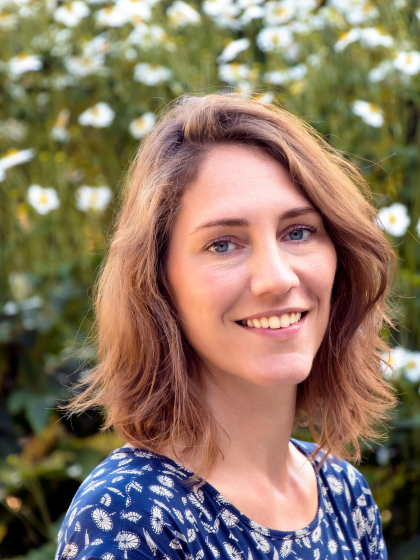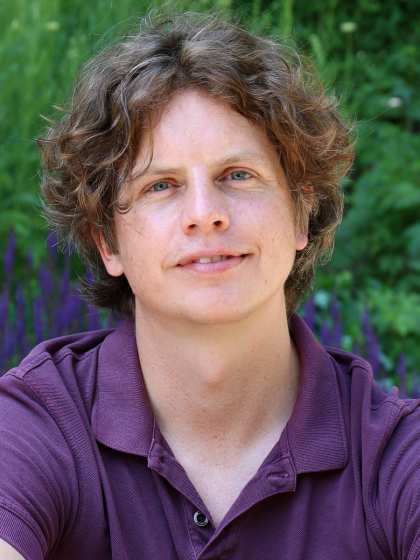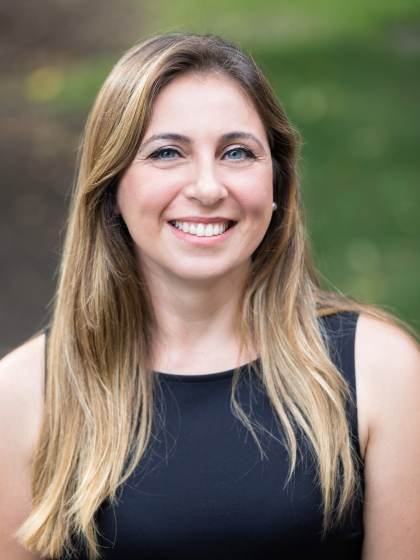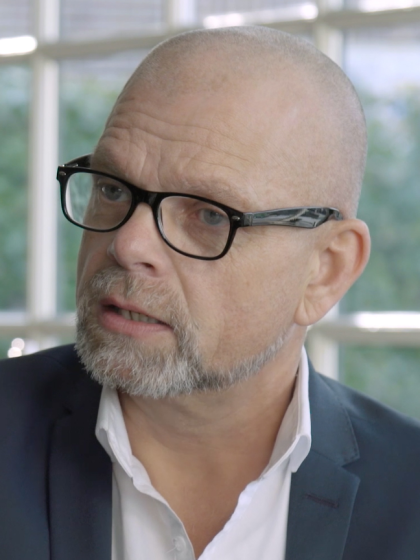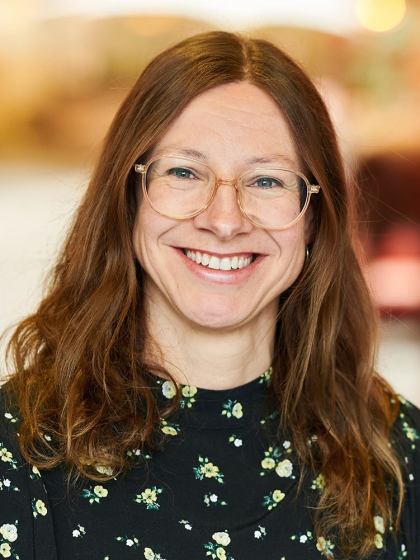Team
The Social Sciences Health and Well-being centre of expertise was established in 2020 to connect researchers from the Faculty of Behavioral and Social Sciences who share an interest in understanding the social-behavioral and institutional underpinnings of leading a healthy, socially connected, cognitively sharp, and active life across the lifespan. The center focuses on three themes: health in social context and policy development, healthy aging, and health interventions.
Center Director
Lisette van der Meer, associate professor Clinical & Developmental Neuropsychology, director of Social Sciences Health and Well-being.
Lisette is interested in (social) cognitive functioning and identity development in people with mental health problems (mostly psychotic disorders). Her research varies from fundamental studies into underlying psychological mechanisms to more applied projects evaluating cognitive rehabilitation programs in clinical practice. She additionally works as a lead researcher at the department of psychiatric rehabilitation at Lentis Psychiatric Institute to sustain the connection between research, education and clinical practice. More info is available at the website of her research group GRIP (Group for Research and Innovation in Psychiatry)
Board
Maaike van Bockhooven, PhD student, PhD board member Social Sciences Health and Well-being.
Susanne Scheibe holds the chair for “Lifespan development and organizational behavior’. She is interested in how emotional competencies and daily emotion/stress dynamics change across adulthood and how age-related changes affect people in work settings. She combines experimental, longitudinal and experience-sampling methods to understand the strengths and vulnerabilities that different age groups bring to the workplace and how work experiences in turn impact people’s emotional development over time.
Bertus Jeronimus, assistant professor in developmental psychology, board member Social Sciences Health and Well-being.
Bertus studies individual differences in personality and happiness and their lifespan trajectories and links to affect/emotion/mood dynamics (internalizing problems) and the environment in which one lives and grows, especially social networks, daily activities, adverse events, and culture. Currently he works on the interaction between personal strengths and vulnerabilities in his Veni project on happy neurotics and the studies HowNutsAreTheDutch and Ieder Kind Is Anders.
Başak Bilecen, Associate professor Sociology, board member of Social Sciences Health and Well-being.
Dr. Başak Bilecen is an Associate Professor of Sociology at the University of Groningen, the Netherlands. Since 2023, she is the chair of Dutch Association for Migration Research, which is
a national organization in the Netherlands. In 2022, Dr. Bilecen was awarded the Karl Arnold Prize by the North Rhine-Westphalian Academy of Sciences and Arts in Germany for her life time
achievements in migration scholarship. In 2017-2018 academic year, she has worked at the Center for European Studies, Harvard University as a JFK Memorial Fellow funded by German
Academic Exchange Services (DAAD). Her research focuses on international migration, aging, transnational studies, social inequalities, transnational social protection, and personal network
analysis. She is the author of International Student Mobility and Transnational Friendships(2014). She has co-edited special issues in Population, Space and Place(2015), Journal of
Ethnic and Migration Studies (2017),Social Networks(2018), Comparative Migration Studies(2019), and the Gerontologist(2022).
Arie Dijkstra, Full professor Psychology, board member Social Sciences Health and Well-being.
Tina's research focuses on self-regulation at work and daily experiences of employees that can help improve performance and wellbeing at work. She is especially interested in the role of habitual behaviors at work and the underlying mechanisms through which habits and routines help employees reach their goals. She combines various longitudinal and experience sampling methods to examine daily fluctuations in employees' habits and routines and how they in turn affect employees' emotional experiences, well-being and goal pursuit.
Martine Goedendorp, Assistant professor of the Teaching Unit Psychology, board member Social Sciences Health and Well-being.
Martine Goedendorp her research focuses on positive health of older adults (living in areas with a low socio-economic status). Positive health is the ability to adapt and to self-manage in the face of physical, emotional and social challenges. Psychosocial interventions on an individual level, but also aimed at a community can contribute to this, although changes on the levels of professionals (health and social care organisations) and policy makers (local or national) are needed.



